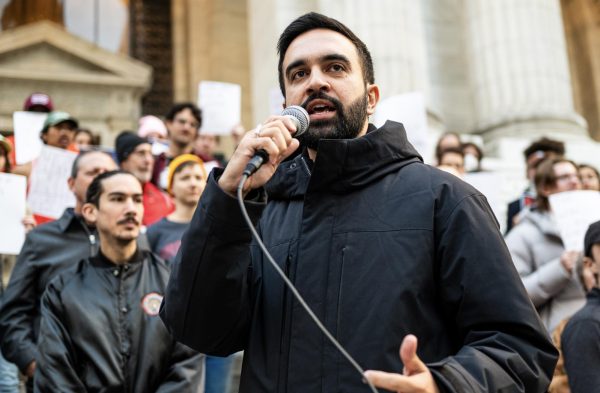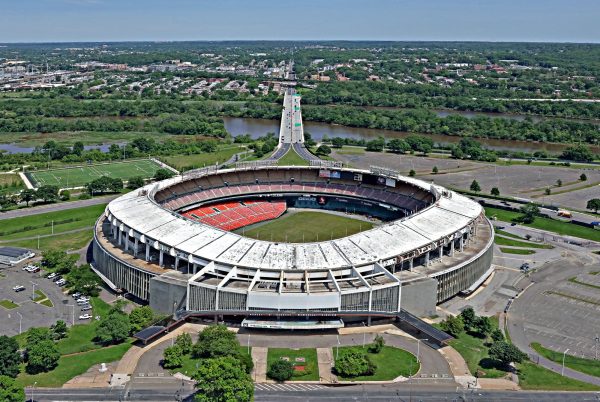The Inflation Reduction Act Will Bolster the Fossil Fuel Industry
On Aug. 7, the Senate narrowly passed the Inflation Reduction Act of 2022 with a tie-breaking vote from Vice President Kamala Harris. Despite its name, this bill primarily aims to combat the climate crisis by increasing tax credits for companies using carbon capture technologies and reducing emissions. Additionally, it would direct billions of dollars toward renewable energy research and construction, as well as the development and production of electrical vehicles. While the bill includes various programs to combat climate change, however, some climate activists have expressed concern for the issues the act fails to address. Ultimately, the Inflation Reduction Act of 2022 is an ineffective and counterproductive policy for the United States, as it benefits the fossil fuel industry and disregards many viable climate solutions.
First, the act exacerbates climate change by inadvertently supporting the fossil fuel industry. For the bill to pass through an evenly split Senate, it needed approval from Senator Joe Manchin, a West Virginian Democrat representing a predominantly conservative and pro-fracking constituency. According to CNN, Manchin earned most of his personal wealth from his family coal business, while also receiving more campaign donations from the oil and gas industry than any of his colleagues. Because Manchin is a major proponent of the fossil fuel industry, Democrats were forced to include laws benefiting it to earn his support. For example, the bill mandates that the federal government award more land and water space for oil drilling, specifically in Alaska and the Gulf of Mexico. Additionally, it states that as long as the Bureau of Land Management leases land for solar and wind projects, it must also lease land to the fossil fuel industry. Unfortunately, these requirements will only bolster the fossil fuel industry rather than act as permanent climate change countermeasures.
Additionally, the Inflation Reduction Act fails to include many potential climate strategies. The original bill proposed a budget of $555 billion for climate change initiatives, but this budget was reduced by over 33% to appease Senator Manchin, according to The Washington Post. The decrease in budget forced Democrats to curtail certain programs in the final bill. One such initiative was the Clean Electricity Performance Program, which would penalize electric utility companies that failed to institute clean energy in their infrastructure. The program would have constituted 42% of the carbon emission reductions from the original bill. Another program not included in the final bill aimed to reform pipelines and support clean energy infrastructure by loosening federal permitting regulations.
Overall, the Inflation Reduction Act is still expected to reduce greenhouse gas emissions by approximately 40% by 2030. However, the bill remains inadequate, as it will not meet Biden’s goal of halving emissions by 2030 and does not keep the United States on track for carbon neutrality by 2050.













































